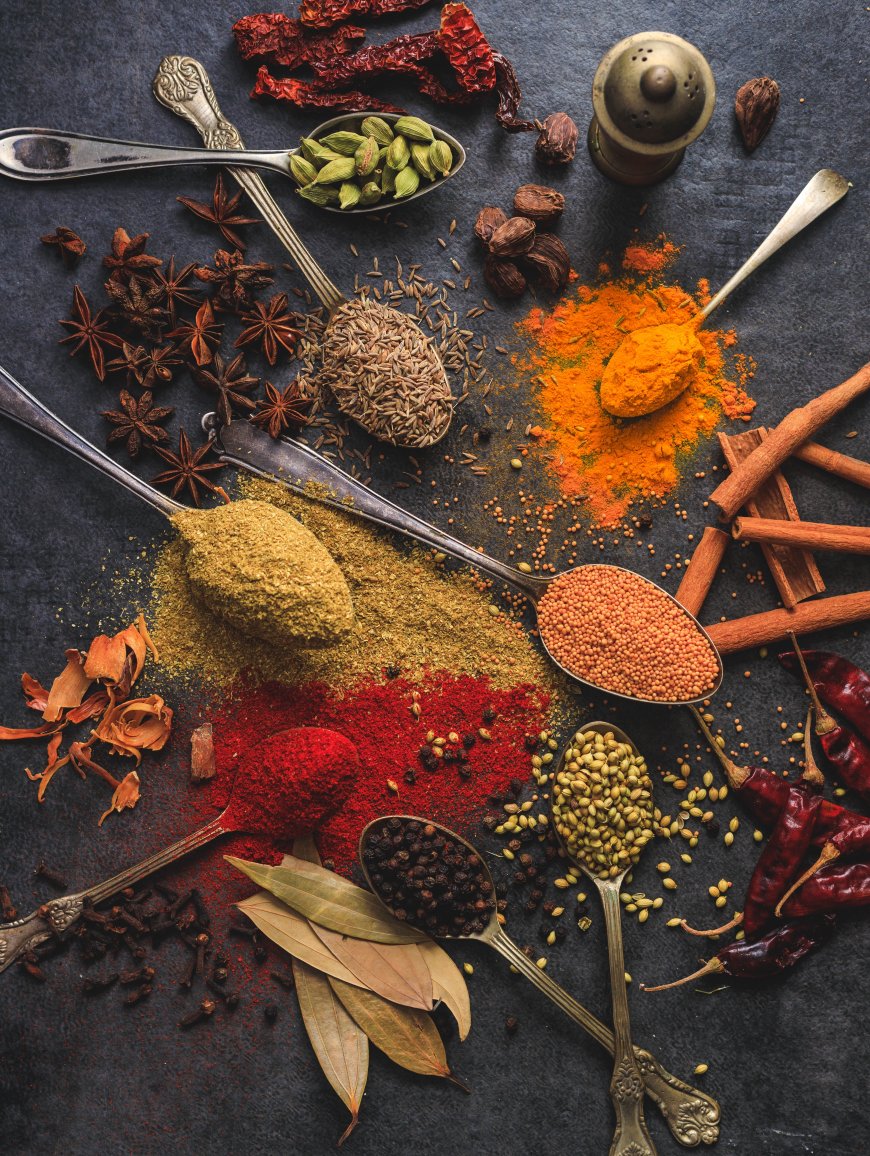Indian Spices Which Can Help Improve the Efficiency of Your Digestive System
Indian Spices Which Can Help Improve the Efficiency of Your Digestive System

Notably, our microbiome, the trillions of microorganisms living in our stomach, can fundamentally affect our well-being, abundance, and temperament. But who might have thought the spices we cook with could impact our stomach well-being? As of late, studies have shown that many herbs animate the liver, bringing about by releasing bile with a higher level of bile acids. Bile acids are fundamental for fat processing and assimilation, so it is vital to ensure you have enough of them. Many spices have also revitalized pancreatic lipase, protease, and amylase exercises. These herbs for digestion act as catalysts for supporting a more productive digestive system.
Some spices also assist in developing food transit time in the gastrointestinal tract. A sluggish GI parcel permits more water to be assimilated from the processed food, bringing about brutal stoppage. Furthermore, the more extended processed food is allowed to sit in your system before it is wiped out, the more inclined it is to be gone after by undesirable microorganisms.
Drinking tea with organic spices, such as masala teas, can be valuable for facilitating digestive troubles. But as it sets out, it's not the only solution. You can also add digestive-supporting spices directly into your meals! Below are a few spices that the specialists and dietitians suggest adding to your meals to keep digestion running efficiently.
-
Cumin: More generally known as jeera in India, these seeds are usually utilized as a home solution for calm digestive issues like gas and swelling. It additionally has mitigating properties that diminish stomach torment and distress.
-
Turmeric: Every Indian dish is prepared with a pinch of Haldi. It helps add color to the food and is also filled with healing properties. Turmeric is carminative - implying it can reduce bloating; it is liver-supporting, an anti-microbial anti-carcinogenic, anti-fungal, anti-mutagenic and a potent anti-inflammatory spice.
-
Ginger: The warming zest has excellent digestive properties, torment calming synthetic compounds and invulnerability supporting power that shields from the hack and cold. It is usually used in winter in curries, pan-sears and even tea.
-
Fenugreek: Also known as the methi seeds, it is a rich source of antioxidants and fiber and acts as a natural digestive agent. It helps flush out harmful toxins from the body and, with its lubricating properties, helps soothe the stomach and intestines.
-
Cardamom: Cardamom is part of the ginger family, so it's no wonder it is one of the best agents to ease the digestive process. Known for its solid fragrance, cardamom also contains a chemical that increases food movement through the intestine. It is highly effective after heavy meals and aids in curing problems like indigestion, constipation and gas.
-
Clove: Clove or laung is a sweet-smelling zest with 60-90 per cent established eugenol oil. This oil is known for its antiseptic, aesthetic, antioxidant, and astringent properties. In Ayurveda, cloves are said to be kaphahar, indicating that they can adjust the Kapha dosha. Being carminative, cloves deter the formation of gas and constipation.
-
Cinnamon: Cinnamon is known to keep blood sugar levels steady and support good digestion. The spice provides a naturally sweet flavour in meals and is known to develop assimilation and ingestion of supplements further. Cinnamon is known to improve digestion and the assimilation of nutrients. It is an anti-bacterial and repairs and prevents infections in the GI tract.
-
Black Pepper: The piperine in black pepper facilitates absorption and animates the catalysts in the stomach, which then, at that point, supports processing proteins in food. These characteristics are appropriate for tackling digestive issues, burning toxins and warding off signs of indigestion, like gas and swelling. This can be added to any supper, like soups, stews, smoothies, dishes, sautés and curries.
Those mentioned above are just a handful of spices from your kitchen that can be a great helping agent for your gut health. But there are many more products in the spice and herb category that possess a plethora of health benefits. While these elements can be utilized independently or in alliance to manage digestive issues better, consuming them in reasonable quantities is advisable to refrain from the side effects.








